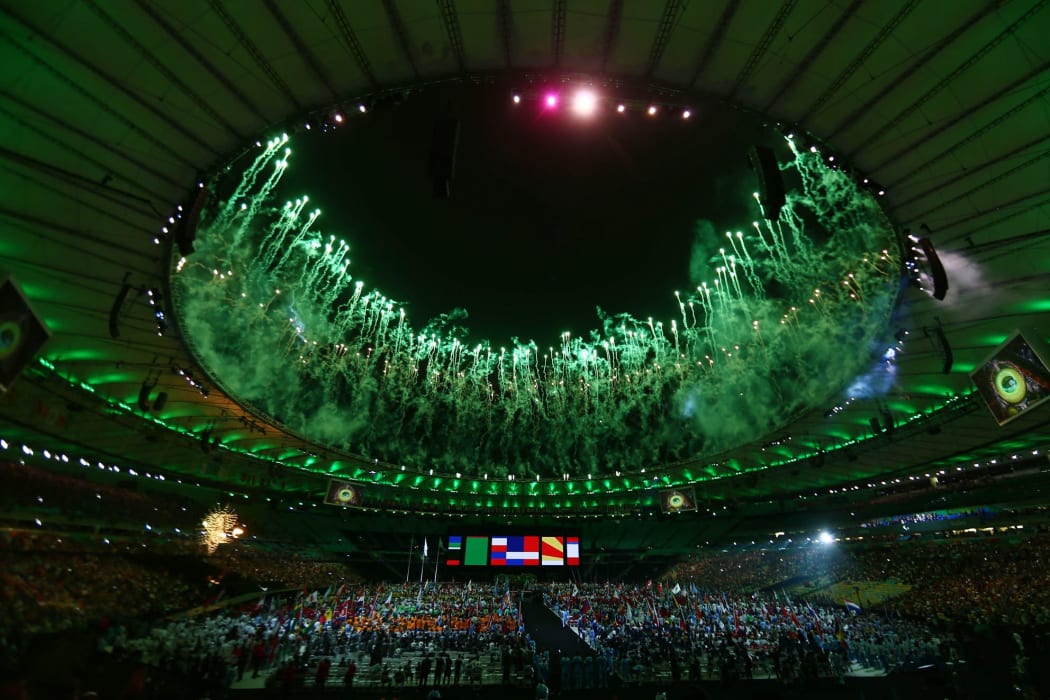The Oceania Paralympic Committee has set its sights on a bigger presence at the 2020 Games in Tokyo.
Fiji, Samoa, Tonga and Papua New Guinea each had two athletes competing at the Rio Paralympics earlier this month.
The President of the Oceania Paralympic Committee, Paul Bird, said the performance of the Pacific's newest athletes was an encouraging sign for the future.
He said currently most athletes receive wildcards to compete at the Paralympics but they want to see more Pacific representatives qualifying on merit.
"It's a pretty big ask for them to come to a stage like this and perform so we are trying to change that by running talent ID programs now, we're trying to target athletes, get them into a local programme, provide opportunities for qualification and then try to continue them on," he said.
"It's a challenge because in a lot of cases the funding isn't there and where we can we're trying to put them into mainstream programmes in those countries - we do that well in Australia and New Zealand but it is a struggle in other Oceania countries and that's our challenge.
"What we are trying to do is try to bring them closer - their Paralympic Committee - to try to align and link it to their Olympic Committee. In most of these NPC they tend to sit out to the side of the sports programme within their countries and therefore they get the crumbs of the funding, the crumbs of the opportunities.

Fireworks at Rio's Maracana Stadium during the 2016 Paralympics Closing Ceremony Photo: AFP
Paul Bird said the Paralympics is a massive opportunity for the Pacific to achieve both sporting success and social change.
"Each of these countries have a large number of their community with a range of disabilities. What we're trying to show is that through sport, through physical activity you will create social change and that social change could lead to a better life and therefore there is a flow-on effect to the average person with a disability as well," he said.
"Once that starts to be recognised you'll convince whether it's sports ministers or health ministers etc that it's worth the investment because it changes not only their life but it could change someone else that's in a chair or that could be blind...they're not hidden at home, they're welcome and part of a community."
Paul Bird says they hope to have the Solomon Islands, Vanuatu and Kiribati also competing at the next Games in Tokyo.

